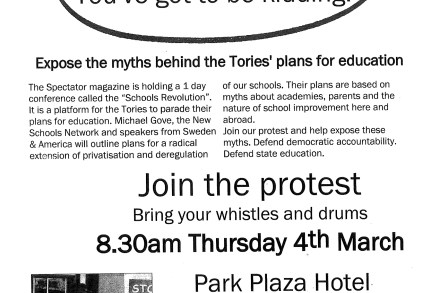WEB EXCLUSIVE: William Hague interview
Over at Spectator Live, our panellist Gaby Hinsliff asks who has the three qualities – momentum, hope and stamina – needed to close the deal in the last week of campaigning. After his exhausted blunder yesterday, Gordon Brown looks finished. Also at Spectator Live, you can read an exclusive interview with William Hague, written by Hague’s biographer Jo-Anne Nadler. Hague has discovered a life outside politics, but if the Tories win Hague will serve as Foreign Secretary. It is the only job he wants.















